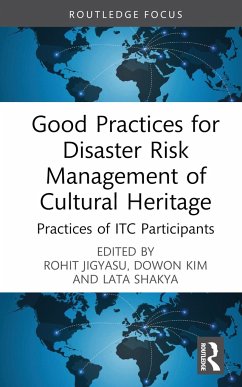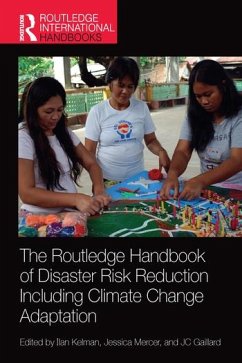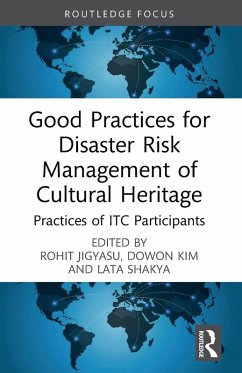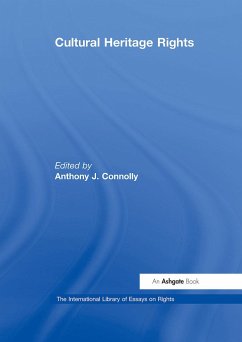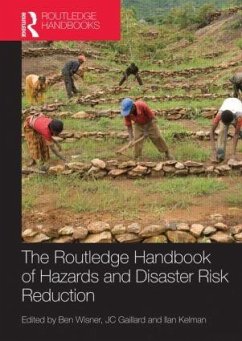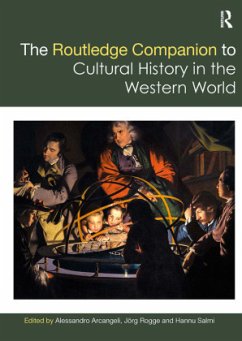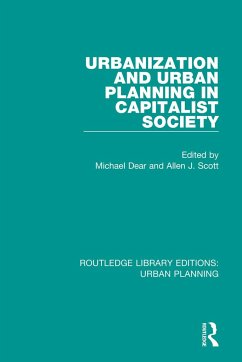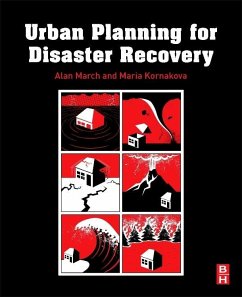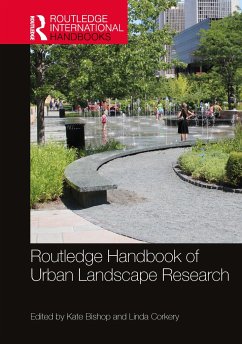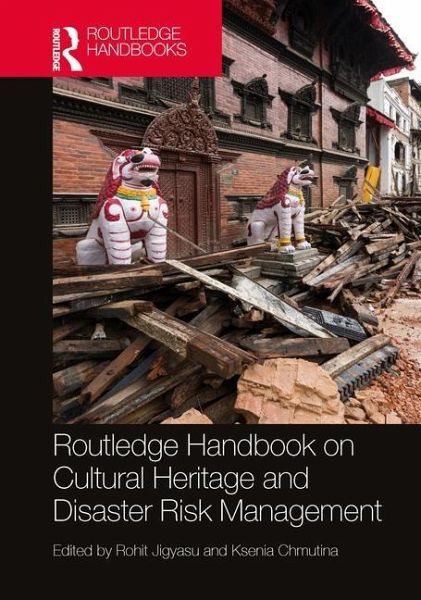
Routledge Handbook on Cultural Heritage and Disaster Risk Management
Versandkostenfrei!
Versandfertig in 6-10 Tagen
245,99 €
inkl. MwSt.
Weitere Ausgaben:

PAYBACK Punkte
123 °P sammeln!
This Handbook provides a comprehensive and interdisciplinary overview of the intersections between cultural heritage and disaster risks. It serves as a defining reference, presenting the key concepts and policy arena that disaster risk management and cultural heritage currently operate.With 22 contributions from leading scholars and practitioners in the field, chapters explore the various contexts for cultural heritage and disaster risk management, illustrated through case studies from around the world. The Handbook is organised into 4 parts: Part 1 includes Disaster Risk Management and Cultur...
This Handbook provides a comprehensive and interdisciplinary overview of the intersections between cultural heritage and disaster risks. It serves as a defining reference, presenting the key concepts and policy arena that disaster risk management and cultural heritage currently operate.
With 22 contributions from leading scholars and practitioners in the field, chapters explore the various contexts for cultural heritage and disaster risk management, illustrated through case studies from around the world. The Handbook is organised into 4 parts: Part 1 includes Disaster Risk Management and Cultural Heritage, Part 2 helps to Understanding the context, Part 3 focuses on the challenges and Part 4 delves deep into the future prospects. This Handbook provides insights a wide range of topics and themes, such as climate change, conflict, urbanisation, the role of community, and examines the relationships with a range of sectors such as governance and policy, finance, infrastructure, shelter, and urban planning. It also presents critiques on issues that are often taken for granted, including technocratic approaches, nature/culture binary, the romanticisation of traditional knowledges and the role of recovery and reconstruction. Insights into the future are also presented, and the Handbook concludes with a detailed agenda of proposed action to be taken in the field.
Offering critical reflections on the topic, this book caters to students, researchers, professionals, and policy makers in the fields of disaster studies, cultural studies, heritage studies, conservation and geography.
With 22 contributions from leading scholars and practitioners in the field, chapters explore the various contexts for cultural heritage and disaster risk management, illustrated through case studies from around the world. The Handbook is organised into 4 parts: Part 1 includes Disaster Risk Management and Cultural Heritage, Part 2 helps to Understanding the context, Part 3 focuses on the challenges and Part 4 delves deep into the future prospects. This Handbook provides insights a wide range of topics and themes, such as climate change, conflict, urbanisation, the role of community, and examines the relationships with a range of sectors such as governance and policy, finance, infrastructure, shelter, and urban planning. It also presents critiques on issues that are often taken for granted, including technocratic approaches, nature/culture binary, the romanticisation of traditional knowledges and the role of recovery and reconstruction. Insights into the future are also presented, and the Handbook concludes with a detailed agenda of proposed action to be taken in the field.
Offering critical reflections on the topic, this book caters to students, researchers, professionals, and policy makers in the fields of disaster studies, cultural studies, heritage studies, conservation and geography.





